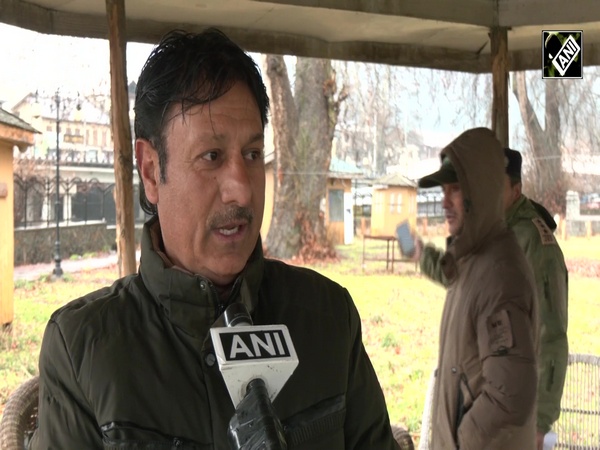Wildfires are becoming a vicious problem across the globe
Jul 23, 2021

Washington [US] July 23 : The world's coldest city in Russia; most of Europe along with several parts of the US are facing uncontrollable wildfires due to poor land management along with climate change.
Russian's Yakutsk, also known as the coldest city in the world, is blanketed by haze as nearby wildfires scorched through the forests, causing immense heatwaves in the city.
The fires are so big, and the winds are strong, smoke is travelling as far away as Alaska.
In the US, the Bootleg wildfire in Oregon has grown into a monstrous complex with its own weather, sending the dense smoke some 3,000 miles across one end of the continent to the other, CNN reported. The New York City next morning encountered an intense red sunrise with scents of burning woods and haze.
British Colombia in Canada is also struggling to push down such wildfires.
Most of Europe, the Western US, southwest Canada and some regions of South America also experienced drier-than-average conditions in June, reported CNN reported while citing Copernicus Climate Change Service.
Russia's Yakutsk is experiencing a condition that scientists have been warning about for years. Wildfires are becoming larger and more intense and they are also happening in places that aren't used to them.
"The fire season is getting longer, the fires are getting larger, they're burning more intensely than ever before," said Thomas Smith, an Assistant Professor in Environmental Geography at the London School of Economics.
According to CNN, these wildfires have consumed more than 6.5 million acres of land in Yakutia, while in Oregon, eight fires have burned nearly 475,000 acres so far.
The government has also declared an emergency in British Columbia due to these wildfires.
The wildfires are part of a vicious climate cycle. Not only is climate change stoking the fires, but their burning releases even more carbon into the atmosphere, which worsens the crisis, CNN reported.
"Already by mid-July, the total estimated emissions is higher than a lot of previous years' totals for summer periods, so that's showing that this is a very persistent problem," said Mark Parrington, senior scientist at the Copernicus Atmosphere Monitoring Service.
Parts of Serbia and Canada have always experienced fire but the frequency of these fires has now created a worrisome state among environmentalists.


















